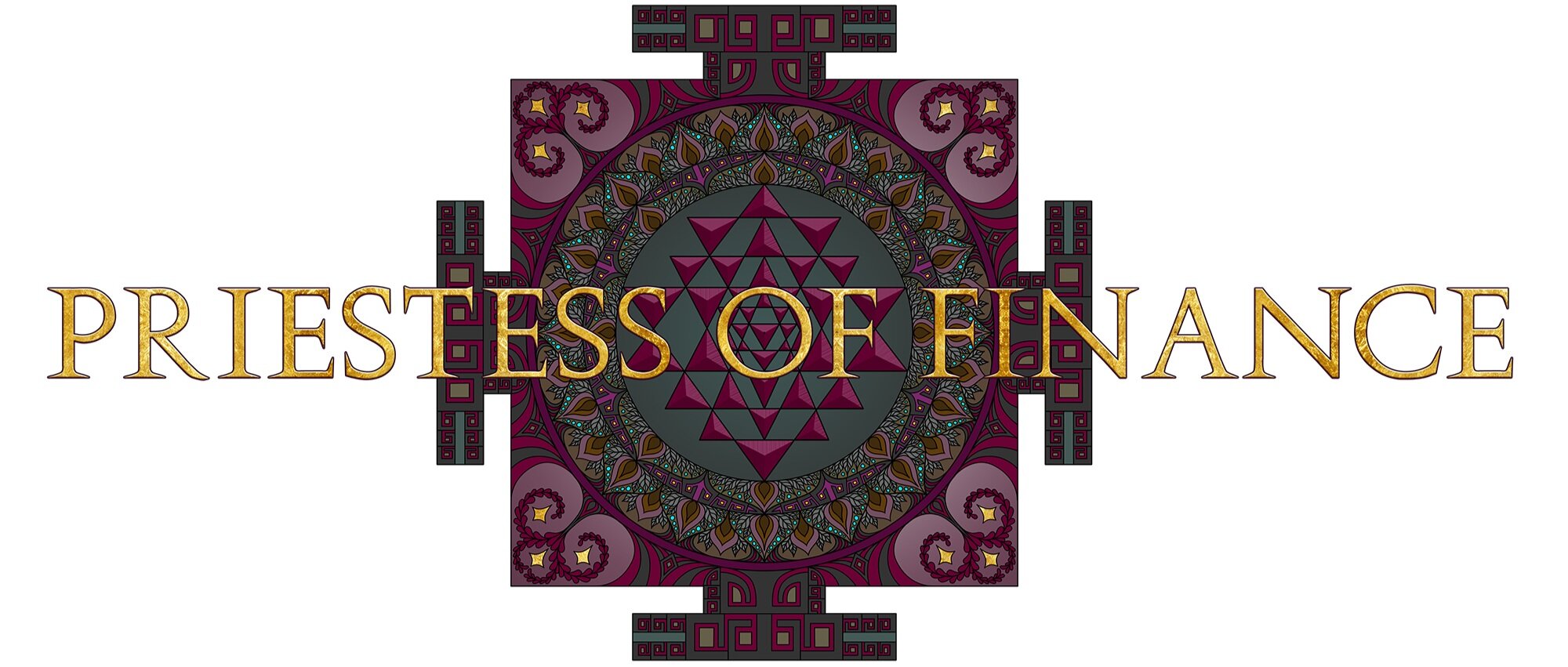4 Areas To Focus On During The Financial Unknown
During this time of collective financial unknown, where are you choosing to put your focus?
Do you know what your highest priority is? Where can you start doing work?
This is what moves things. Our financial power, our agency.
In the unknown, there are things we don’t have control over. And then, there are those things we CAN do something about. This phase of contraction in the collective money cycle is THE time to access our agency.
To get in touch with our vision, to set clear financial goals, and leverage our relationship with trusted allies and with the universe.
While many of us are processing a myriad of emotions related to our finances during this time, what’s really important right now is financial clarity.
There are 4 main areas that I think are very important when we’re in a time of significant unknown — some may call it crisis, or emergency state.
These 4 areas are:
Net worth
Management
Tracking
Vision
1. Net Worth
In an emergency state or crisis, we need to assess our resources — what do we actually have right now?
On one level, that can be defined as our *net worth*. What are our assets? What’s in our checking and savings accounts? What’s in our investments? How much debt do we have?
Taking stock is really important, because otherwise it’s easy to get caught up in confusion and chaos.
Knowing what our net worth is allows us to start identifying what we have, and get financially clear.
Laying it all out for ourselves to see what we actually have, what we owe, and where we are financially is very healthy and essential.
2. Management
What I work with a lot, and what all of my clients work with, is having a clear *spending plan* that has different scenarios.
One scenario may be our normal day-to-day budget. Another scenario is what our budget may need to be if our income is downshifting.
By the way, not everyone’s income is going down. Some people’s income is actually going up during this time (stay in touch to learn what it takes to thrive during a recession).
Once we have our spending plan laid out based on our normal day-to-day earning, spending, saving, and investing, it’s easy to copy and paste that spending plan, and look at different scenarios and shift numbers to get a clear picture.
In a time when you’re thriving and there’s more money coming in, you can look at how much you’re able to put towards savings and towards your financial future. In the expansion part of the money cycle, you get to create your optimal spending plan.
In a time when you’re in the ebb, in the contraction part of the cycle, and your financial flow is changing significantly, you may want to have a spending plan I call ‘How Low Can You Go?’, where you go as low as you can in all categories of spending for a temporary period (it can be anywhere from 3 months, 6 months, a year, or 2 years, based on how long the cycle of contraction lasts).
3. Tracking
Here, we track what’s happening against the spending plan we created in step #2.
My favorite tracking systems for personal finance are Quicken and Pocketsmith, and Quickbooks for business finance.
Putting your spending plan in a tracking system helps you see what’s happening with your finances against this plan.
During this collective time of financial unknown, it’s good for all of us to become conscious of what we’re spending.
Do you use a tracking system?
How can you leverage your tracking system to help you stay in integrity and alignment with your spending plan?
How does your tracking system help you work towards your greater financial goals and vision?
Learn more about the importance of having a tracking system here.
4. Vision
Having a vision of how you want to go through this time of financial unknown is essential.
From here, we need to ask ourselves: what do I want my future with money to look like?
Natural events, such as the recession we’re starting to experience, happen in cycles. There is an ebb cycle and a flow cycle. We will always have that, no matter what.
Just like a river has times of ebb and flow, just like the seasons, money is a resource that goes through the same natural cycles.
In a time of collective ebb, we get to ask ourselves: what’s my vision for when the water comes back?
Learn more on defining your financial vision here.
PS: Need some extra help to restructure your finances and address your relationship to money during the changing economy? Book your complimentary discovery session to learn more about financial mastery coaching and what it can do for you during this pivotal time.





